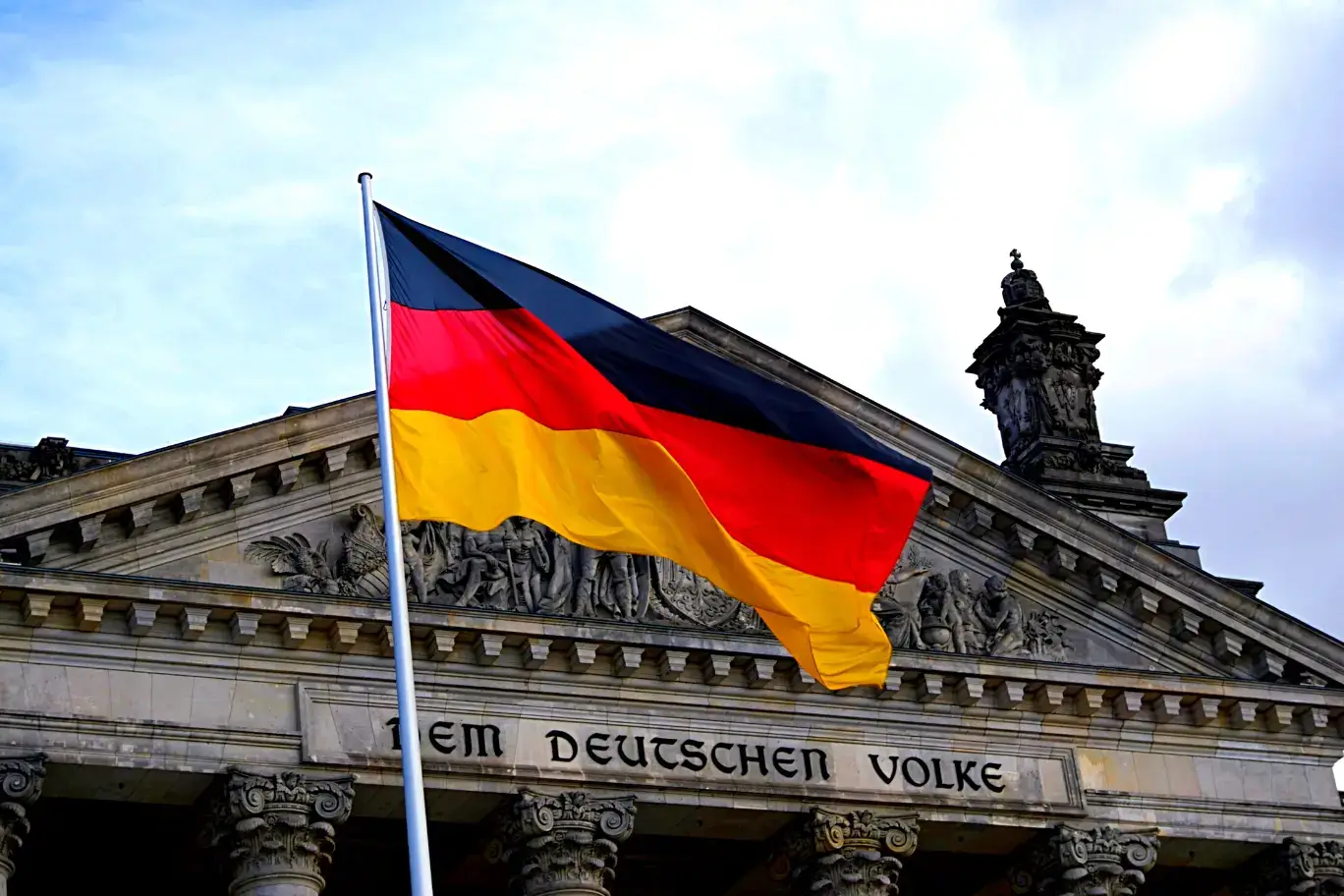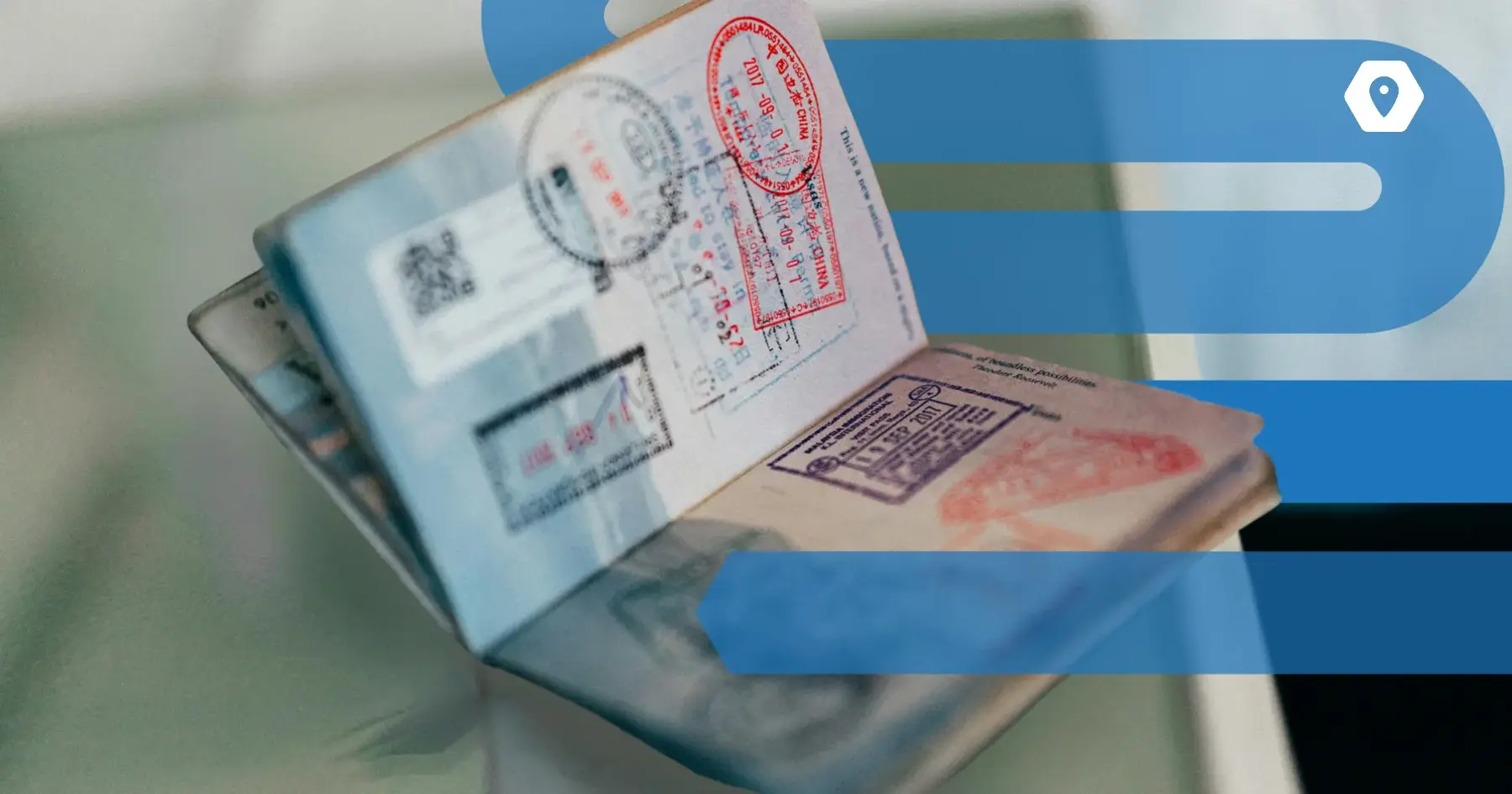- University Degree or Equivalent: You need a recognized university degree, or proof of at least three years of relevant professional experience in the IT field within the last seven years.
- Job Offer: You must have a concrete job offer from a German employer in the field of information and communication technology.
- Salary Threshold: The job offer needs to meet a minimum salary requirement. For 2026, the minimum IT specialist salary in Germany for IT specialists is €45,934.20.
- Relevance of Experience: Your professional experience should be relevant to the job you are being offered in Germany.
- Non-EU Citizen: The EU Blue Card is for non-EU citizens.
Germany continues to lead as a hub for tech innovation, the Skilled Immigration Act-fully implemented in phases on November 18, 2023, March 1, 2024, and June 1, 2024-empowers employers and HR teams to attract global IT talent. The EU Blue Card remains a key pathway for IT specialists, now accessible with just three years of relevant experience rather than a degree requirement. This guide equips HR professionals and employers with the latest 2026 details on eligibility, requirements, application steps, and more to streamline IT hires via the EU Blue Card in Germany.
Understanding the German EU Blue Card for IT Specialists
The EU Blue Card is a combined work and residence permit designed for highly skilled non-EU professionals to live and work in Germany. For IT specialists, the flexibility to qualify based on practical experience without needing a formal degree directly addresses Germany's ongoing IT skills shortage, enabling companies to onboard elite global talent swiftly.
Known as the "Blaue Karte EU für IT-Fachkräfte Visum" in German, it offers perks like competitive salaries for IT specialists in Germany, a route to permanent residency, and family reunification. This positions it as a top choice for IT pros eyeing long-term opportunities in Germany.
Eligibility for the IT Specialist Visa in Germany: What Employers Need to Confirm
As an employer or HR lead, confirm your IT candidates meet these core EU Blue Card criteria:
- Experience-Based Eligibility: At least three years of verifiable IT experience in the last seven years. Candidates with two years may opt for a standard skilled worker permit.
- Job Offer: A firm job offer or employment contract in Germany.
- Salary Requirement for Blue Card in Germany: The position must provide a minimum gross annual salary of €45,934.20 as of 2026. This threshold helps structure attractive packages while complying with rules for IT roles. It represents Germany's Blue Card salary benchmark for 2026 in IT.
These criteria expand access to international talent, cementing Germany as a prime spot for IT recruitment.
Requirements Employers Must Facilitate
To sponsor an IT specialist for the EU Blue Card, ensure these elements are in place:
- Professional Experience: Candidates must submit references or documentation proving three years in IT. HR can review and authenticate these for compliance.
- Meeting the IT Specialist’s Salary Threshold: The offered salary must hit €45,934.20 or above, tailored for shortage fields like IT.
- Job Relevance: The role should match the candidate's IT skills. Align job descriptions accordingly.
- Health Insurance: Help secure valid coverage (public, private, or interim travel insurance pre-start date).
- No Degree Needed: IT positions prioritize experience over academic credentials, easing the hiring process.
Documents HR Should Help Prepare
HR plays a pivotal role in compiling and validating these essentials:
- Valid Passport: Verify it's current and valid.
- Job Contract/Offer: Supply a signed agreement specifying salary (minimum €45,934.20) and duties.
- Proof of Experience: Gather employer references or certificates for 3+ years in IT. Use standardized HR templates for uniformity.
- Health Insurance Proof: Guide on enrollment or temporary options.
- Application Form: Aid in filling the national visa form for IT specialists in Germany (e.g., VIDEX).
- Biometric Photos: Counsel on specs for German visa photos.
- Optional: No mandatory German language proof, though it aids future residency. Offer language resources if beneficial.
Certified translations are required for non-English/German documents.
Application Process: Employers’ and HR’s Role
Streamline the EU Blue Card for IT hires with these employer-supported steps:
- Offer a Qualifying Job: Design an IT position exceeding the €45,934.20 Blue Card salary threshold.
- Assist with Documents: Collaborate on gathering key items like contracts and experience proofs.
- Guide Visa Application: Point candidates to their nearest German embassy/consulate via the Federal Foreign Office’s Consular Services Portal. A employer support letter can strengthen applications.
- Facilitate Appointments: Recommend early bookings for embassy visits, including biometrics prep.
- Support Entry: Align travel and onboarding post-national D visa issuance.
- Local Registration: Advise registering at the Meldebehörde within two weeks of arrival; share local resources.
- Blue Card Finalization: Refer to the local Ausländerbehörde for card issuance. HR can liaise to accelerate.
Where to Apply for the IT Specialist EU Blue Card
- Outside Germany: At the local German embassy or consulate. Locate via the Federal Foreign Office’s missions directory. Share VIDEX links for digital forms.
- Inside Germany: For those on job-seeker visas, head to the local Ausländerbehörde. Use BAMF’s Office Finder or sites like the Berlin Immigration Office.
Appointment Details for Employer Coordination
- Embassy/Consulate: Book via online/phone; alert to wait times and urge prompt action.
- Ausländerbehörde: Post-arrival, assist with local bookings, ensuring full document sets for biometrics.
Extending the IT Specialist EU Blue Card in Germany
Timely renewal preserves status and job continuity in Germany.
Eligibility for Extension
To renew an EU Blue Card as an IT specialist:
- Hold a valid or expiring Blue Card.
- Secure an ongoing contract or offer in IT.
- Satisfy the current minimum salary threshold for IT specialists.
- Uphold health insurance.
- Maintain a passport valid beyond the stay by three months.
- Prove legal residence (Anmeldung).
Required Documents for Extension
Gather:
- Valid passport (issued <10 years ago, valid +3 months).
- Current EU Blue Card.
- Recent biometric photo.
- Employment contract/offer proof meeting salary rules.
- Employer-signed employment declaration.
- Health insurance confirmation.
- Residence registration (Anmeldung).
Local offices may request extras.
Extension Process
- Book an Appointment: In Berlin, online via the Foreigners' Office site (check frequently due to high demand). Elsewhere, email/phone 3-5 months pre-expiry.
- Prepare Documents: Originals and copies per checklist.
- Attend Appointment: Arrive early; submit, biometrics, and fee. ~1.5 hours.
- Receive Confirmation: Get a processing letter as temporary permit (up to 3 months).
- Wait for Processing: Up to 90 days per EU rules.
- Receive New EU Blue Card: Valid up to 4 years or contract +3 months (shorter prevails).
Where to Apply for Extension
At your local Ausländerbehörde. Extensions are domestic; initial apps abroad use embassies/portals.
Salary Levels for IT Specialists and the Blue Card in Germany
The 2026 Blue Card salary floor for IT is €45,934.20 gross annually below the €50,700 standard for other fields, acknowledging IT shortages. Focus on fixed pay; bonuses excluded. Ties directly to IT specialist salaries and Blue Card requirements in Germany.
Processing Time and Fees for the IT Specialist Visa in Germany and Extension: Employer Planning
- Visa Processing: 4-6 weeks at embassies; factor into onboarding. Federal Employment Agency reviews may extend.
- Blue Card Issuance: 3-4 weeks at Ausländerbehörde (max 90 days). HR can monitor.
Fees for the Application of EU Blue Card IT Specialist
- Entry Visa: €75 at embassy/consulate.
- EU Blue Card: €100 initial (up to 1 year) or longer; renewals €93–€96. Paid at Immigration Office.
Jobbatical Manages the Application Process Seamlessly
Chat with our experts today to see how we automate support for your employees.
📌 Key points for EU Blue card IT specialist (Download)
Conclusion
The EU Blue Card stands as a vital strategy for HR and employers to recruit IT specialists with 3+ years' experience. By extending salaries of €45,934.20+ and navigating embassy/Ausländerbehörde processes, firms can access worldwide tech expertise. Capitalize on this to fortify your German team-begin with compliant offers and end-to-end hire support! Explore more in our full guide to EU Blue Card types. Discover more in our comprehensive overview of the Types of EU Blue card.


.svg)









.svg)
